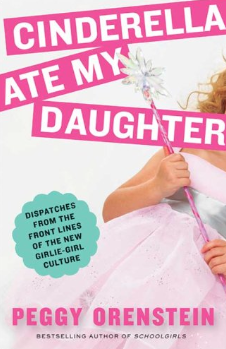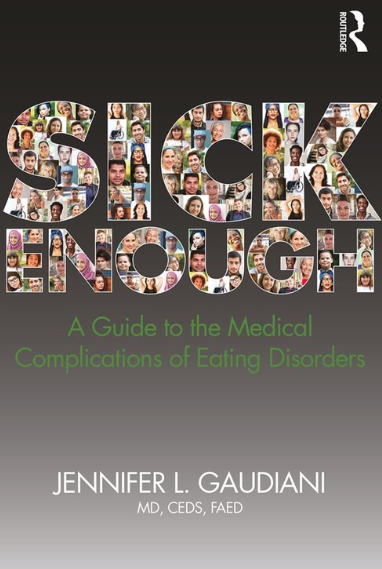I can think of no better suggestion to kick off the New Year and new decade than this book! I know I am making two Emily Nagoski suggestions back to back but consider me an official fangirl!
This time of year we will all be bombarded by messages telling us to reinvent the wheel of our lives in a multitude of ways. For many of us, this is the last message we need. So instead, let me offer you some wisdom from this book and suggest instead, that the wheel does not need reinventing, it needs a break! Emily co-authored this book with her sister and the two of them explore the various components of burnout which they define as a combination of emotional exhaustion, depletion of empathy and feelings of futility.
They discuss the various social constructs that have lead to what they coined, “Human Giver Syndrome,” something that predominantly impacts women in our culture but certainly not exclusively, “At the heart of Human Giver Syndrome lies the deeply buried, unspoken assumption that women should give everything, every moment of their lives, every drop of energy, to the care of others.” She explains how this imbedded cultural assumption leads to perpetual feelings of guilt around self-care. This is something I see in the women I work with in my practice all the time. It’s not exclusive to adult women, I see it in teenagers who have incredible difficulty saying no to plans or commitments despite massive amounts of overwhelm or who have intense guilt going to sleep before exams when they feel every moment should be spent on “productive” studying late into the night. This book tackles the general concept of how we define productivity in our culture, something I have long taken issue with in my own clinical work.
The heart of the book is the explanation of the importance of completing the stress-response cycle and the many dangers of failing to do so, emotionally and physiologically. While they lay the science out clearly and inarguably, they also nod to the ways our culture has made completion of this cycle challenging when emotional expression of hardship has been largely considered taboo and a sign of weakness. However, they offer a range of ways to address this through emotional and physical outlets both independent and social. Couple all of this with the social pressures around body image which they endearingly coin, “The Bikini Industrial Complex.” While the address the ways in which this particular complex leads to disordered eating, they also explore the more general psychological toll that captures a wider pool of victims.
Overall, the book reads like a deeply validating friend, pointing to all the ways our society sets women up for burnout from all angles. But we are not doomed! For each component of burnout there are numerous ways to combat that harmful influence and complete the stress-response cycle to prevent things piling up and leading to burnout. So this January, I highly suggest getting a copy of this book, questioning your definition of productivity for a little while and curling up for a beneficial and delightful read.




